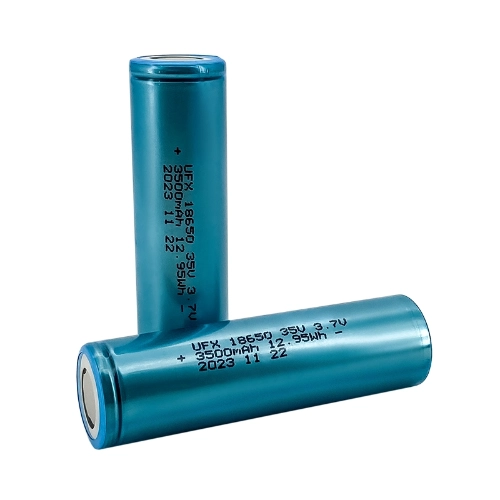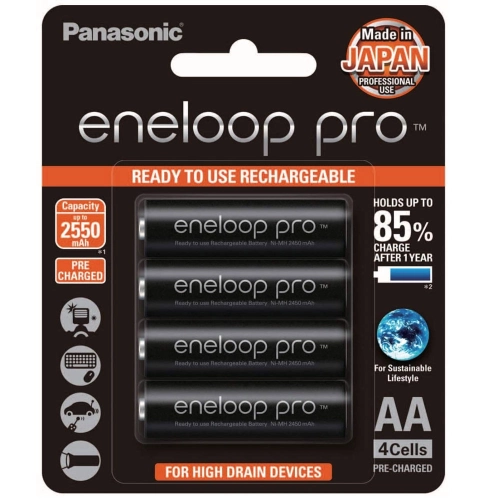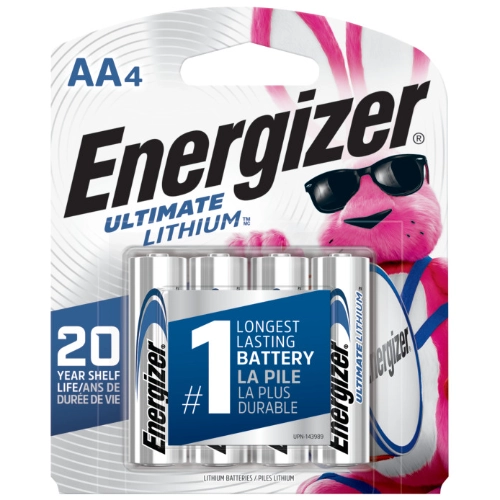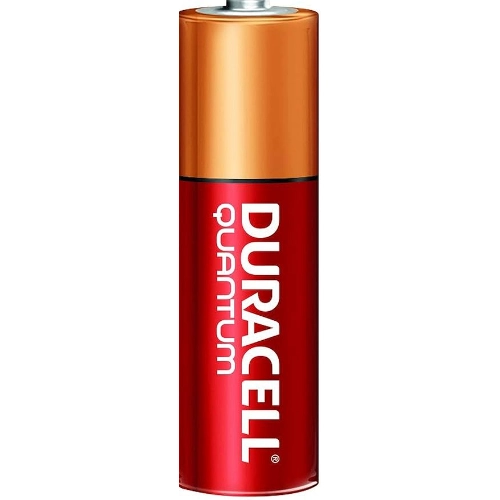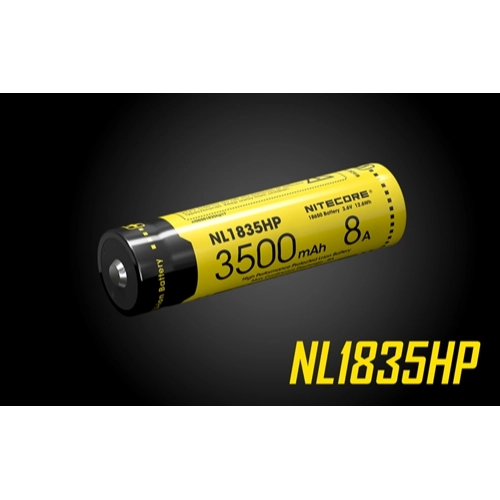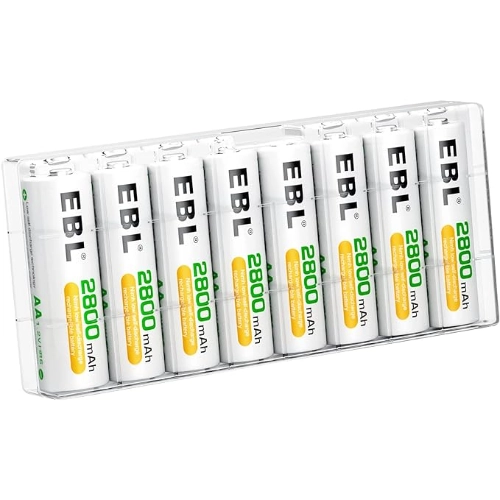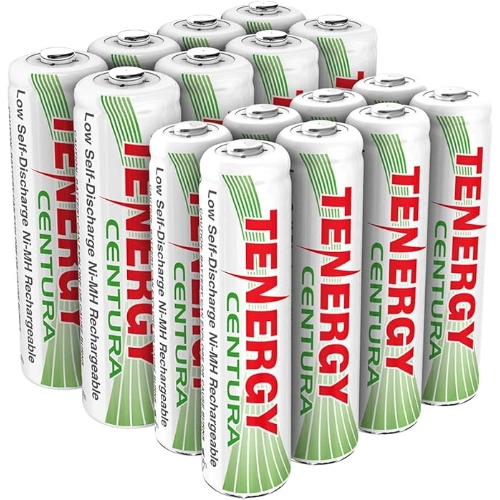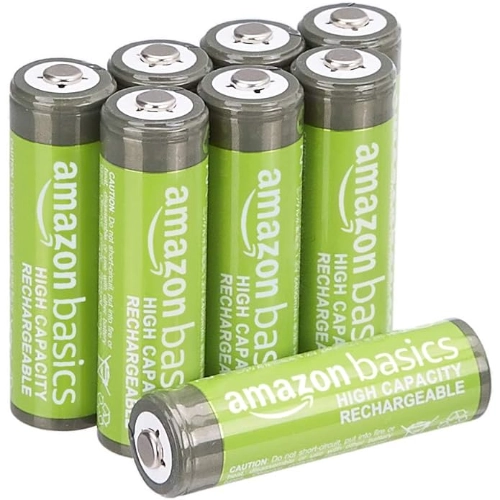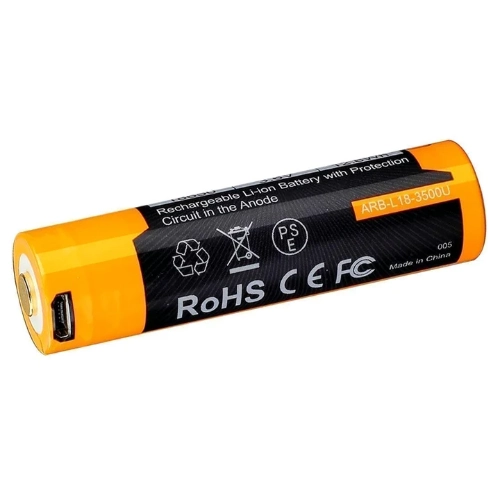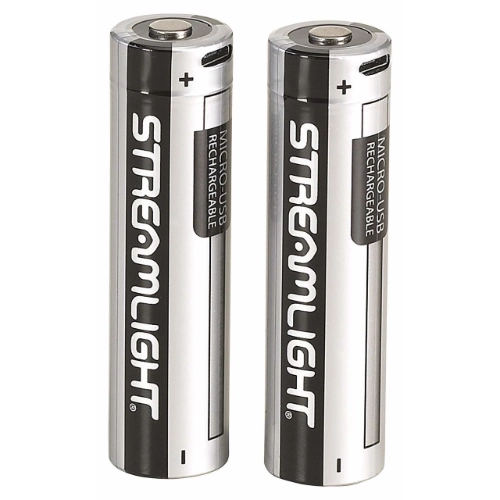There is a wide range of torch batteries on the market, each with unique advantages, making the decision more complex than it first appears.
But don’t worry; we—’ll guide you through the key factors that matter most, helping you find the perfect fit for your needs.
Part 1. Understanding torch battery specifications
Battery capacity is identical to the fuel tank of your torch. The higher capacity means that your torch will last longer before charging or replacing, thus providing better service from the torch. However, it is not only the problem of size; the duration of the charge and the conditions that can be reached are also a matter of efficiency.
Amperes are the flow of electrical current controlled by a force called ‘voltage’ that goes through your torch. Bright often means high voltage, impacting how long your battery will last until recharge. Balancing voltage with capacity ensures that you get both brightness and endurance.
Rechargeable vs. Disposable: Pros and Cons
Rechargeable batteries are environmentally friendly and save money in the long run. However, they require more maintenance, like regular charging and care.
Disposable batteries are convenient and ready to use right out of the pack, but they can add up in cost and waste over time.
Part 2. Top 10 torch battery recommendations
1. Ufine 18650 3500mAh Battey
Features
- Voltage: 3.7V, offering stable power output.
- Capacity: 3500mAh, ensuring prolonged usage.
- Size: 18650, ideal for compact devices.
- Discharge Rate: Up to 5.0C for high-power applications.
- Temperature Range: Operates efficiently across wide temperatures.
Benefits
- Long cycle life, minimizing the need for frequent replacements.
- High power output, perfect for demanding tasks.
- Eco-friendly, contributing to environmental sustainability.
- Reliable performance with built-in safety features.
Ideal use cases
- Flashlights
- Laptops
- E-cigarettes
- Electric vehicles
2. Panasonic Eneloop Pro AA
Features
- Voltage: 1.2V for consistent power.
- Capacity: 2550mAh, supporting extended usage.
- Rechargeable: Up to 500 cycles, offering longevity.
- Low Self-Discharge: Retains 85% charge after 1 year.
- Temperature resilience: Extreme cold down to -4F.
Benefits
- No memory effects, maintaining total capacity.
- Eco-friendly with long-term rechargeability.
- Reliable in extreme conditions, ensuring performance.
Ideal use cases
- Digital cameras
- Gaming devices
- Flashlights
3. Energizer Ultimate Lithium AA
Features
- Temperature: From -40 F to 140 F.
- Shelf life: Up to 20 years.
- Weight: 33% lighter than alkaline batteries.
- Leak-proof: Guaranteed under standard use.
Benefits
- Exceptional lifespan, reducing the need for replacements.
- Reliable in extreme conditions, perfect for any environment.
- Lightweight design enhances portability.
- Environmentally friendly by creating less waste.
Ideal use cases
- Digital cameras
- Smart home devices
- Outdoor equipment
- High-powered LED lighting
4. Duracell Quantum AA
Features
- Battery Type: AA Alkaline
- Shelf Life: Guaranteed for 10 years in storage
- PowerCheck Function: Instantly check the power level
- Hi-Density Core technology for more power
- Unit Count: 6 batteries per pack
Benefits
- Long-lasting power for various household devices
- Leak protection to safeguard your devices
- Trusted brand with a reputation for reliability
- Available in multiple sizes for different needs
Ideal use cases
- Remote controls
- Flashlights
- Video game controllers
- Toys and cameras
5. Nitecore NL1835HP 18650
Features
- Capacity: 3500mAh
- Voltage: 3.6V
- Max Output: 8A
- Weight: 1.76oz
- Dimensions: 2.73″ (69.3mm) length, 0.73″ (18.5mm) diameter
Benefits
- Designed for high-drain devices
- Advanced safety features to prevent overcharge and short-circuiting
- Nickel-plated stainless steel protectors for external durability
- Microporous barrier for internal component protection
- Reliable performance for devices like EC23, Concept 1, and MH12GTS
Ideal use cases
- High-performance flashlights
- High-drain electronics
- Safety-conscious users need reliable power
6. EBL 2800mAh AA Rechargeable Batteries
Features
- Capacity: 2800mAh
- Battery Type: NiMH
- Pack Size: 8 AA batteries
- Low Self-Discharge: Maintains 80% capacity after 3 years of non-use
- Precharged: Ready to use out of the package
Benefits
- High capacity for extended use in household devices
- Long-lasting power with up to 1200 recharge cycles
- Improved low self-discharge technology
- Precharged for immediate use
- Includes battery storage cases
Ideal use cases
- Digital cameras
- Toys and remotes
- Indoor and outdoor household devices
7. Tenergy Centura Low Self-Discharge AA
Features
- Capacity (AA): 2000mAh
- Capacity (AAA): 800mAh
- Recharge Cycles: Up to 2100 times
- Battery Type: NiMH
- Low Self-Discharge: Retains power when stored
Benefits
- High capacity with a long lifespan
- Low self-discharge maintains power over time
- Rechargeable up to 2100 times
- UL certified for safety
- Includes 8 AA and 8 AAA batteries
Ideal use cases
- TV remotes
- Household electronics
- Low-power devices and gadgets
8. AmazonBasics AA High-Capacity Rechargeable Batteries
Features
- Capacity: 2400mAh
- Recharge Cycles: Up to 400 times
- Self-Discharge Rate: Retains 50% capacity after 1 year
- Shelf Life: Up to 5 years
- Precharged: Ready to use out of the package
Benefits
- High capacity for extended use
- Recharged up to 400 times
- A low self-discharge rate
- Precharged and ready to use immediately
- Ideal for high-power devices
Ideal use cases
- Game controllers
- Wireless devices
- Toys
- High-drain gadgets and electronics
9. Fenix ARB-L18-3500U
Features
- Capacity: 3500mAh
- Voltage: 3.6V
- Charging Current: Recommended 1A, maximum 2A
- Charge Cycles: Up to 500 cycles
- Size: Length 2.8″ (70mm), Diameter 0.7″ (18.6mm)
Benefits
- Built-in micro-USB port
- High capacity for extended use
- Protection circuitry to prevent overcharging and overheating
- Convenient and cost-effective without needing an additional charger
Ideal use cases
- High-drain devices
- Flashlights
- Portable electronics
10. Streamlight 18650 USB Battery
Features
- Battery size: 18650
- Battery chemistry: Lithium Ion (Li-Ion)
- Nominal voltage: 3.7V
- Nominal Capacity: 2600mAh
- Estimated Charge Cycles: 500 cycles
Benefits
- Built-in USB charging port for convenience
- LED indicators for charge status
- Compatible with various USB sources
- Environmentally friendly compared to disposable batteries
Ideal use cases
- Streamlight flashlights
- High-performance flashlights
- Tactical lighting
Part 3. Key factors to consider when choosing a torch battery
When selecting the correct battery, here are the factors to consider:
- Consider the frequency with which you would use the torch.
- Ensure that you will be able to charge or not the battery.
- Consider the environment and the temperature at which you would use the torch.
- Identify the voltage and capacity requirement of the torch before purchasing the battery.
Part 4. FAQs
-
Which type of battery is used in a torch?
Torches use alkaline or lithium batteries, depending on the model and usage. -
Are torch batteries AC or DC?
Torch batteries provide DC (Direct Current) power, which is necessary for portable devices. -
What size is a torch battery?
Torch batteries come in various sizes, including AA, AAA, C, and D, and sometimes specialized sizes like CR123A. -
How do you charge a torch battery?
You can charge rechargeable torch batteries using a compatible charger, a USB connection, or a charging dock. -
Can I use an alkaline battery in a torch?
Yes, alkaline batteries are commonly used in torches, including general-purpose torches.
Related Tags:
More Articles

How to Choose the Best Floor Scrubber Battery for Commercial Cleaning?
Selecting the ideal floor scrubber battery ensures a long runtime, rapid charging, and minimal maintenance for efficient commercial cleaning operations.
Battery for Blower vs Battery for Leaf Vacuum: Which One Should You Choose?
Battery for blower vs leaf vacuum—learn the key differences in power, fit, and runtime to choose the right battery for your outdoor tool needs.
How to Choose the Right Battery for Blower?
Choosing the right blower battery? Consider voltage, capacity, chemistry & usage. This guide helps match the best battery for peak performance.
How to Choose the Best Insulated Battery Box for Lithium Batteries?
Choosing the Best Insulated Battery Box for Lithium Batteries? Discover key factors such as size, material, and safety for optimal protection and performance.
7 Critical Elements on a Lithium Battery Shipping Label
What must be on a lithium battery shipping label? Learn 7 key elements to ensure safety, legal compliance, and correct handling across all transport modes.
